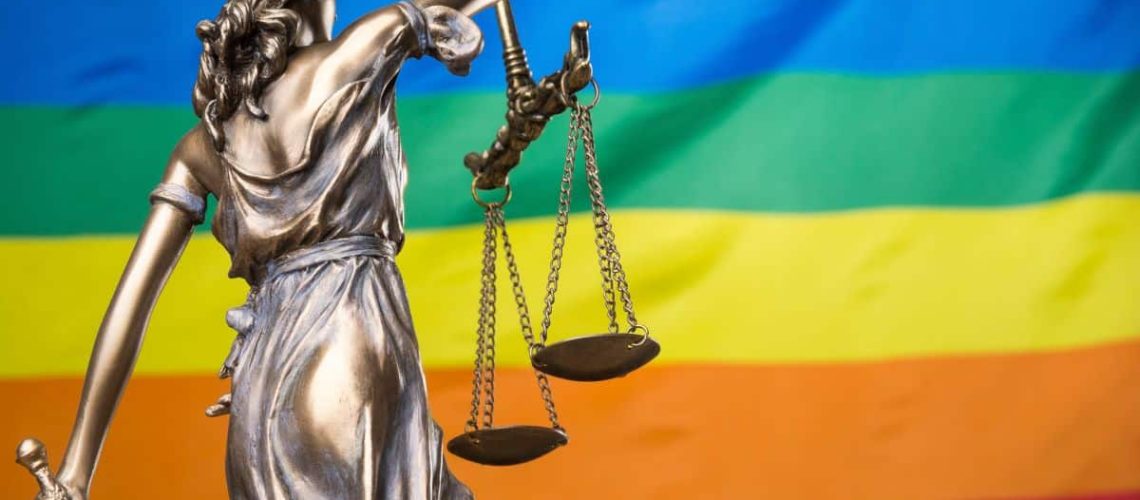Despite significant progress in LGBTQ+ rights in many parts of the world, queer individuals still face invisibility and discrimination in various aspects of their lives. From legal protections to healthcare access and representation in media, there are numerous areas where LGBTQ+ rights are overlooked, perpetuating systemic inequalities and erasing queer experiences.
1. Legal Recognition of Relationships
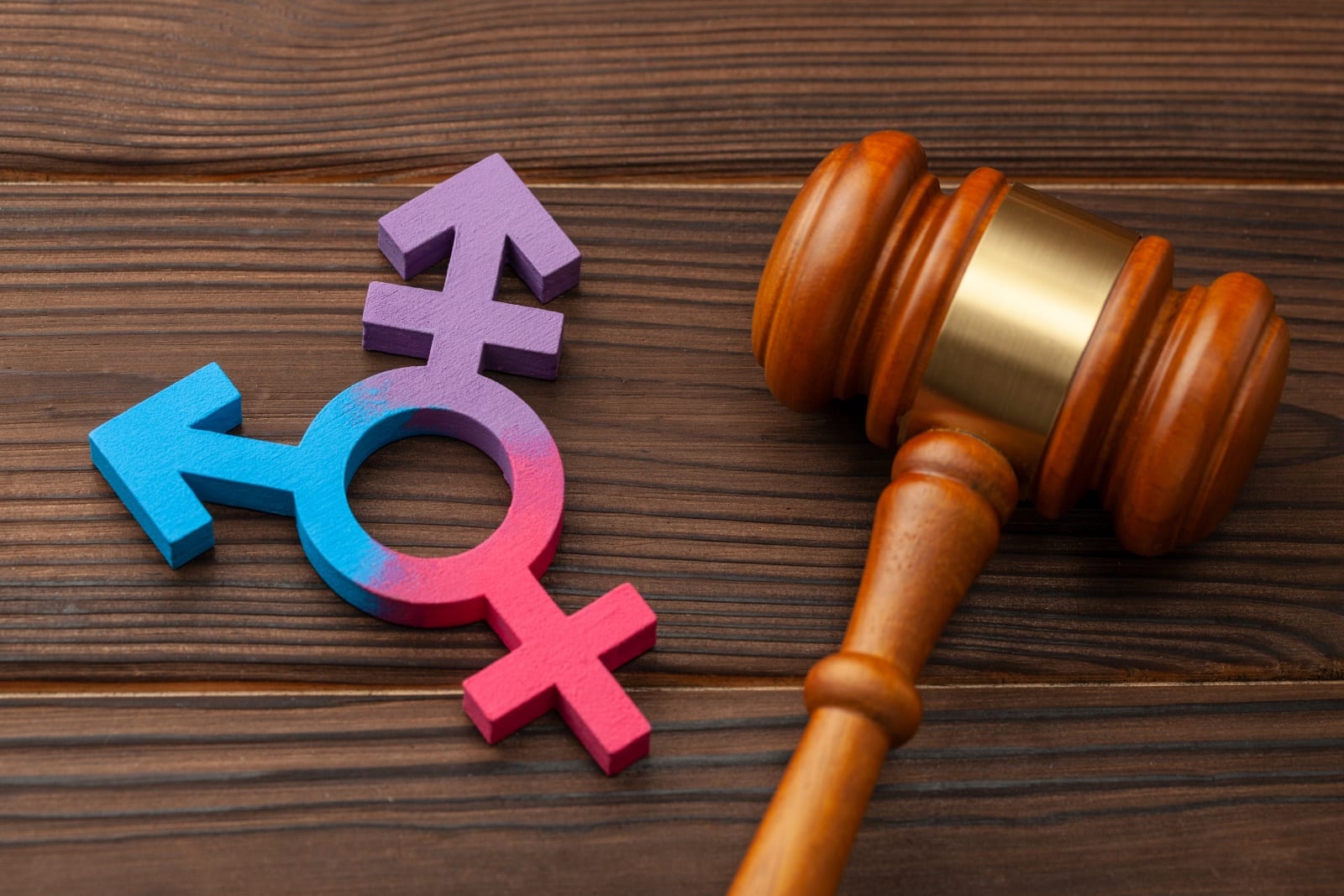
In many countries, LGBTQ+ couples face barriers to legal recognition of their relationships, including marriage equality, adoption rights, and access to family planning services, denying them essential legal protections and benefits.
2. Workplace Discrimination
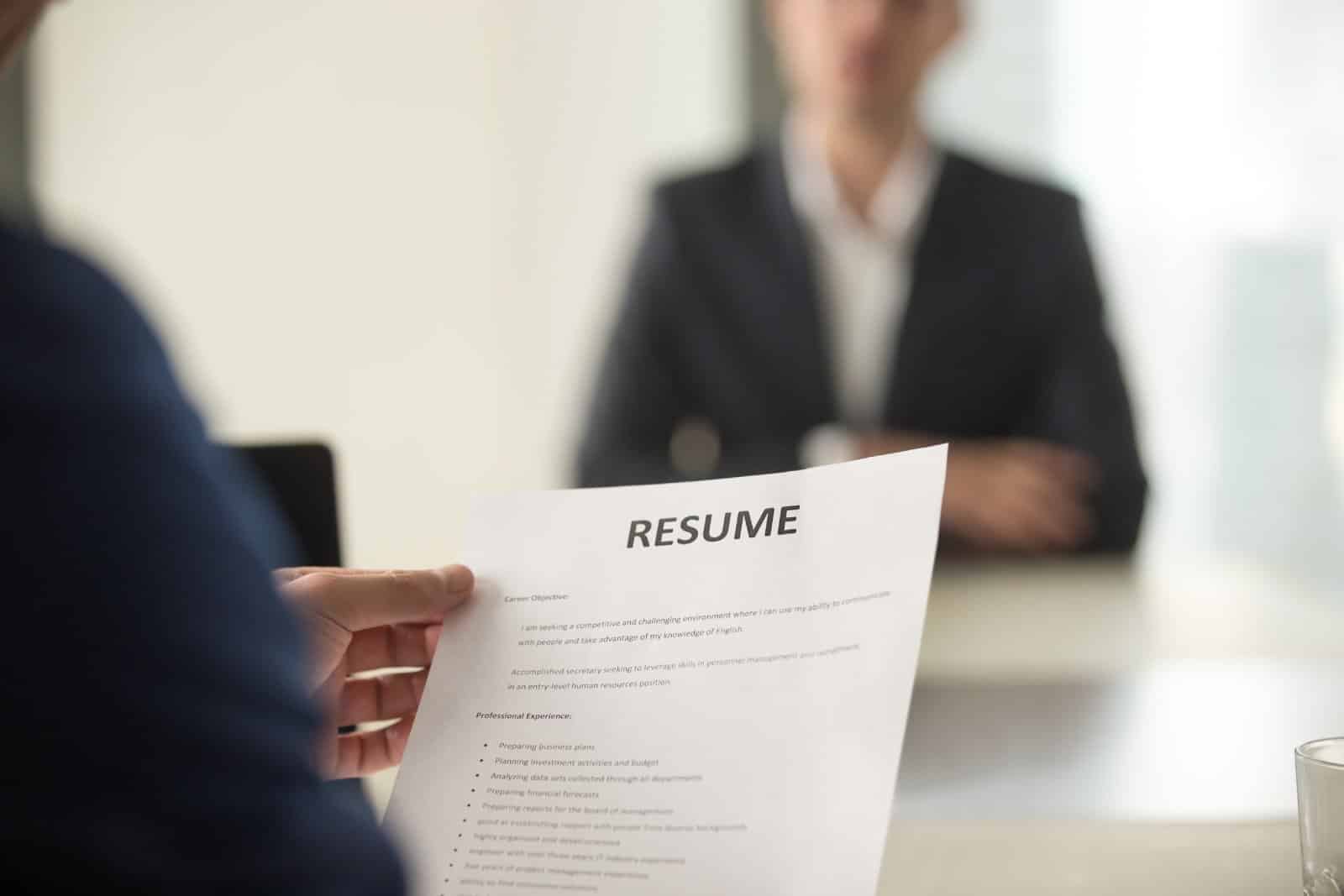
LGBTQ+ individuals often face discrimination and harassment in the workplace, including hiring biases, unequal pay, and lack of protections against discrimination based on sexual orientation and gender identity.
3. Healthcare Disparities

Queer individuals encounter disparities in healthcare access and treatment, including lack of culturally competent care, discrimination from healthcare providers, and barriers to gender-affirming care for transgender and non-binary individuals.
4. Homelessness and Housing Discrimination
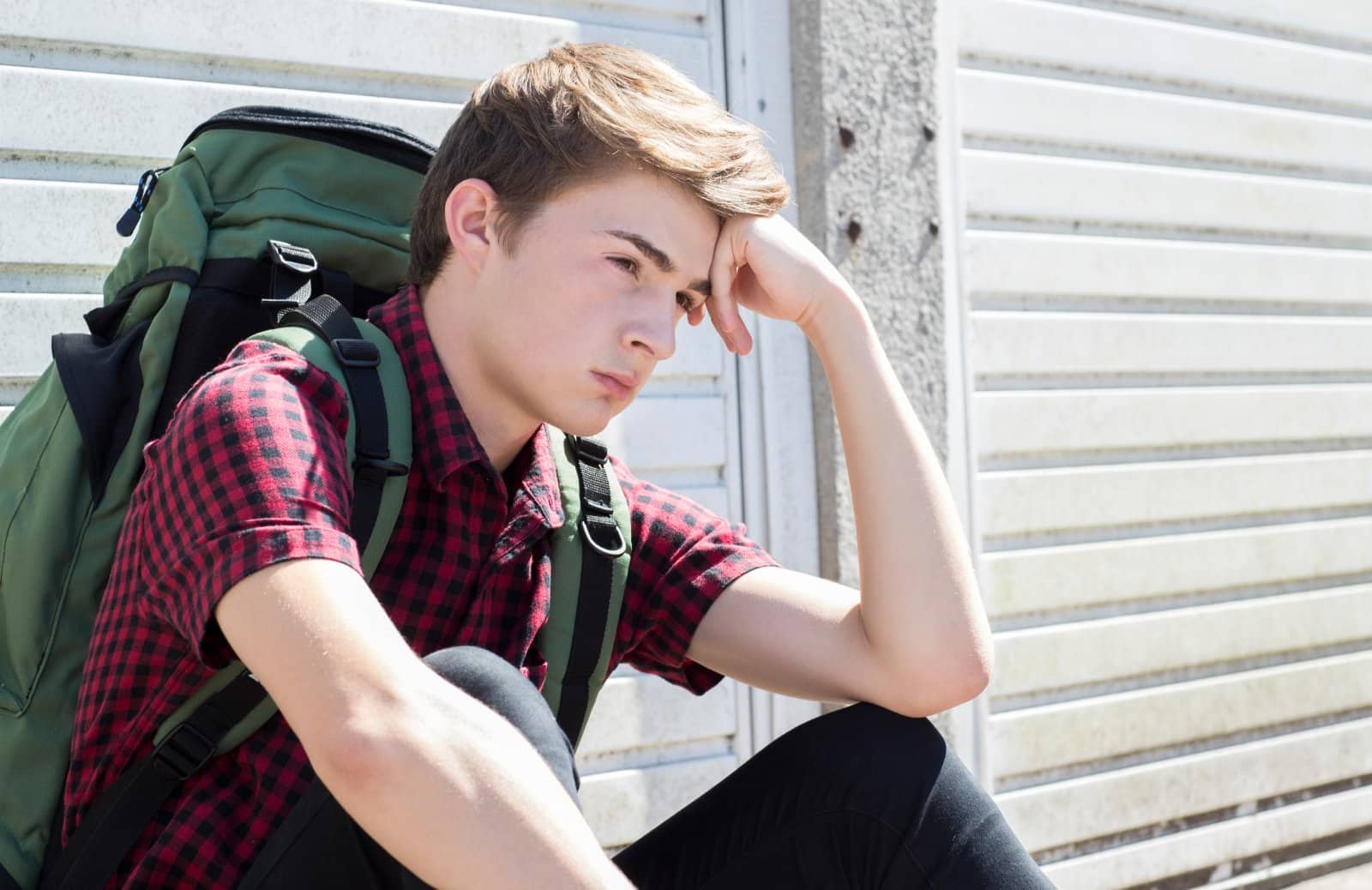
LGBTQ+ youth are disproportionately affected by homelessness due to family rejection, and queer individuals often face discrimination in accessing housing, including eviction, refusal of service, and harassment from landlords.
5. Violence and Hate Crimes
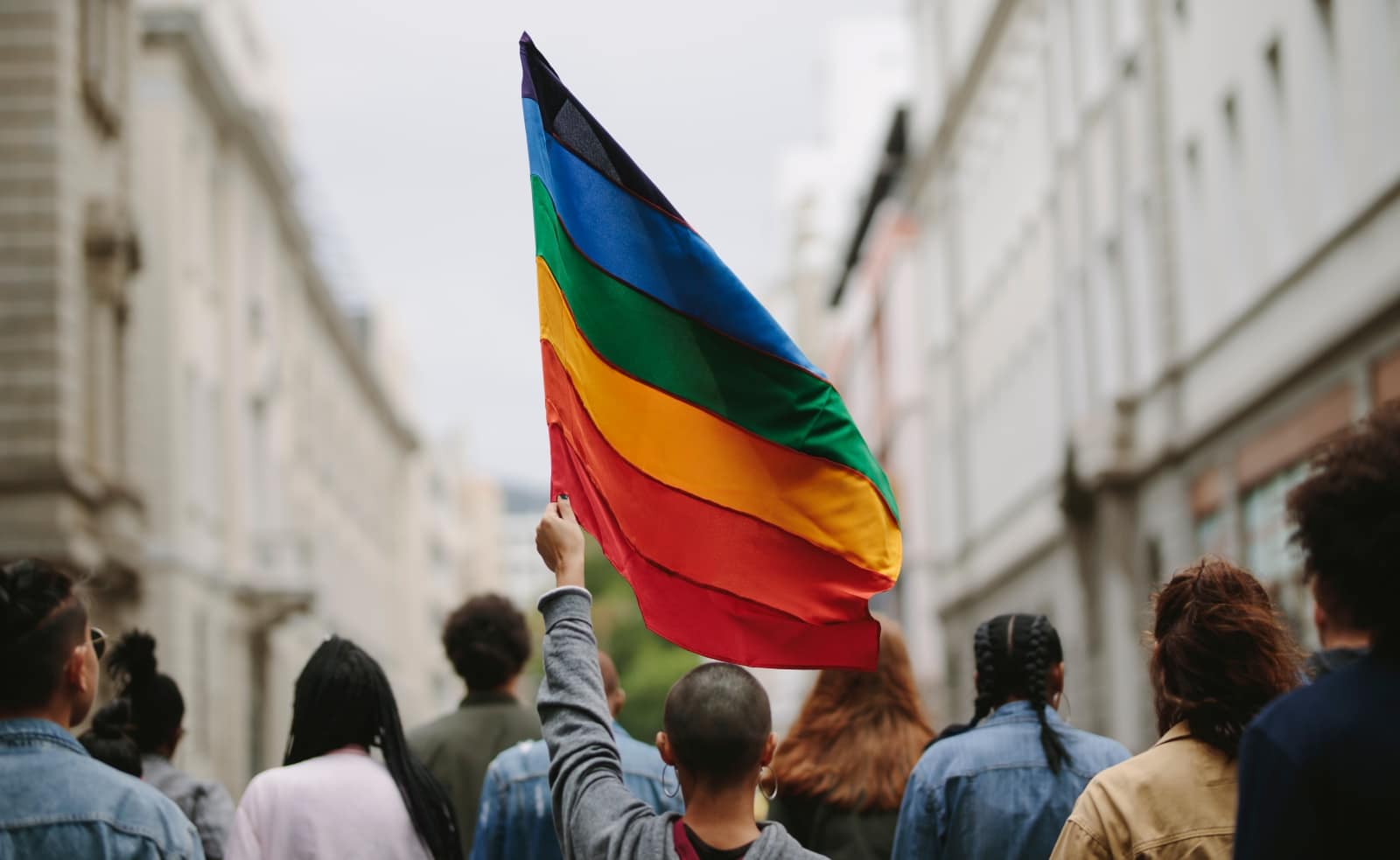
Queer individuals, especially transgender and gender-nonconforming people of color, are at a higher risk of experiencing violence and hate crimes. Yet, these incidents are often underreported and inadequately addressed by law enforcement.
6. Education and Bullying
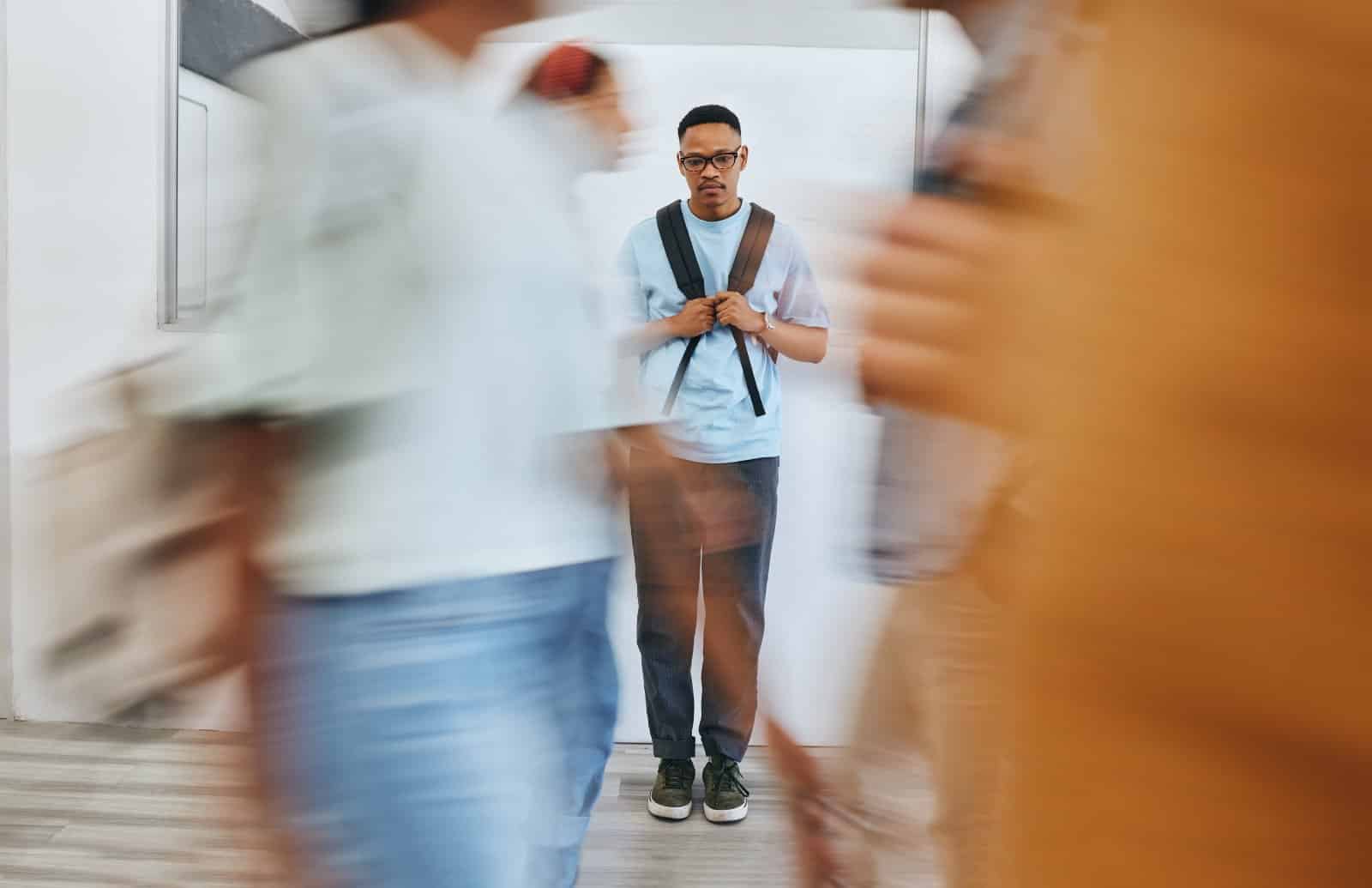
LGBTQ+ youth face bullying and harassment in schools, leading to higher rates of dropout, mental health issues, and suicide. Inclusive education policies and comprehensive anti-bullying initiatives are often lacking.
7. Immigration and Asylum
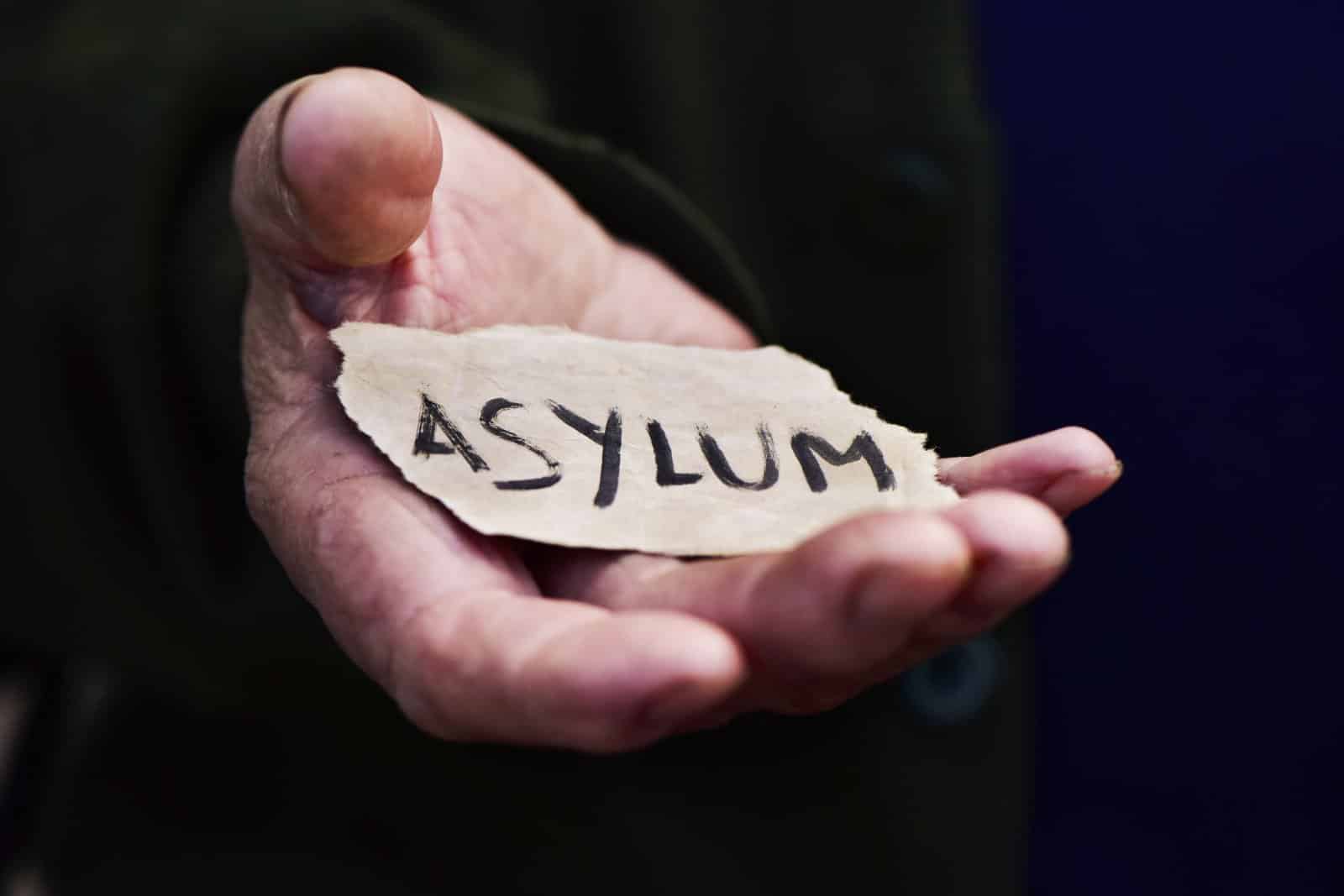
Queer individuals fleeing persecution based on sexual orientation or gender identity often face challenges in accessing asylum and may encounter discrimination and violence in detention facilities or during the asylum process.
8. Reproductive Rights
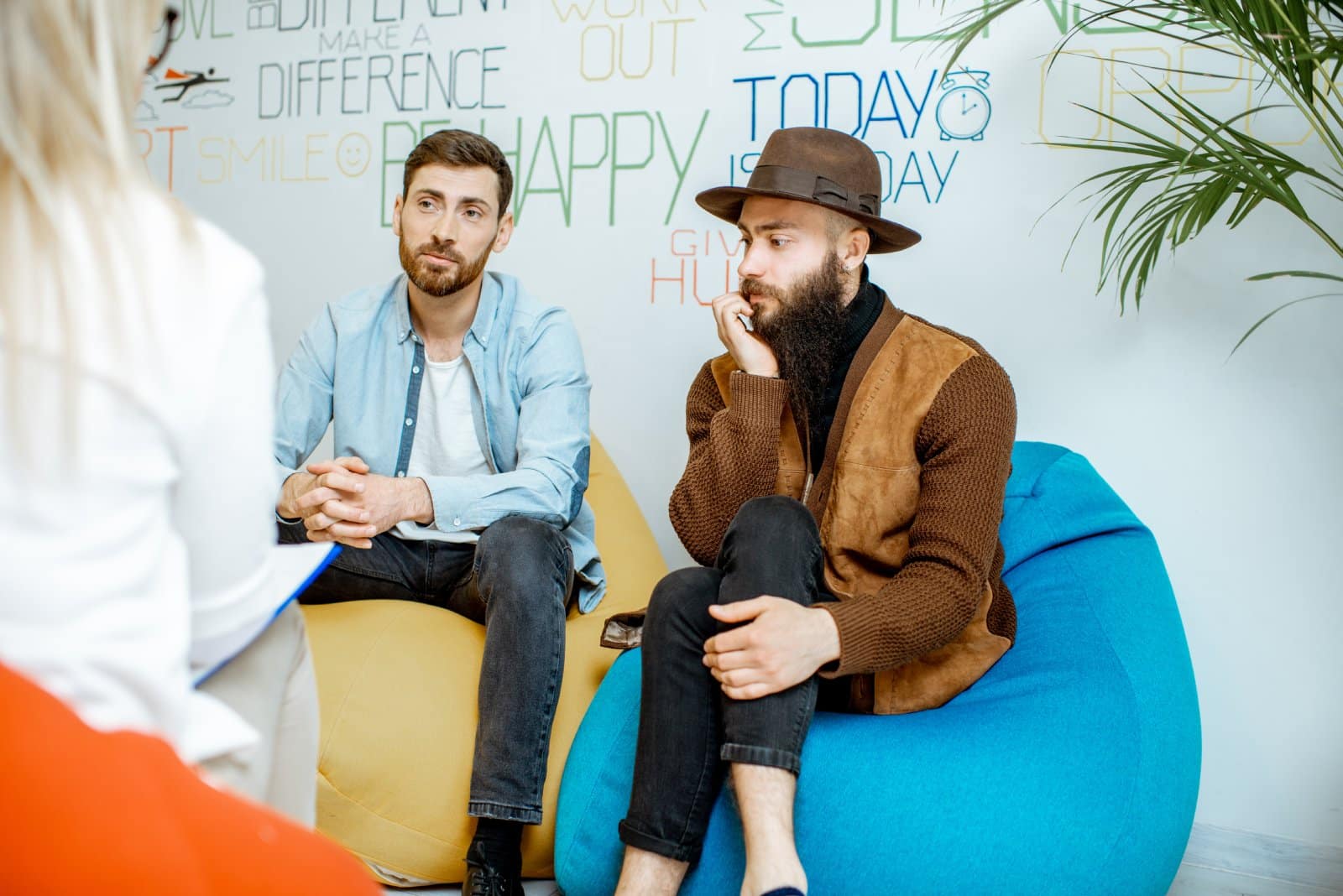
LGBTQ+ individuals may face barriers to reproductive healthcare, including fertility treatments, access to assisted reproductive technologies, and legal parentage rights for same-sex couples and transgender parents.
9. Criminal Justice System
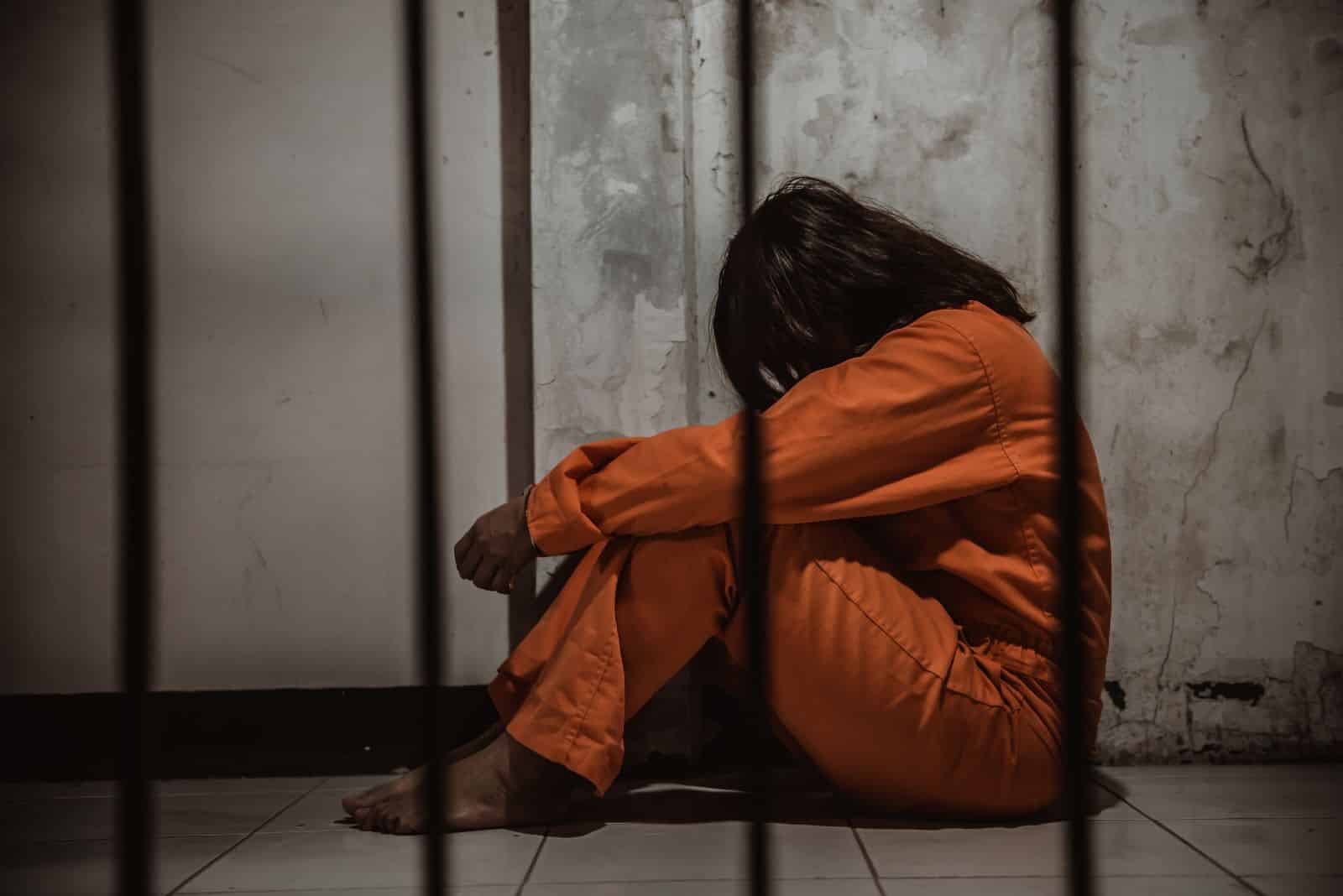
Queer individuals, particularly transgender people of color, are disproportionately represented in the criminal justice system and face discrimination, violence, and mistreatment in prisons and detention centers.
10. Representation in Media and Entertainment
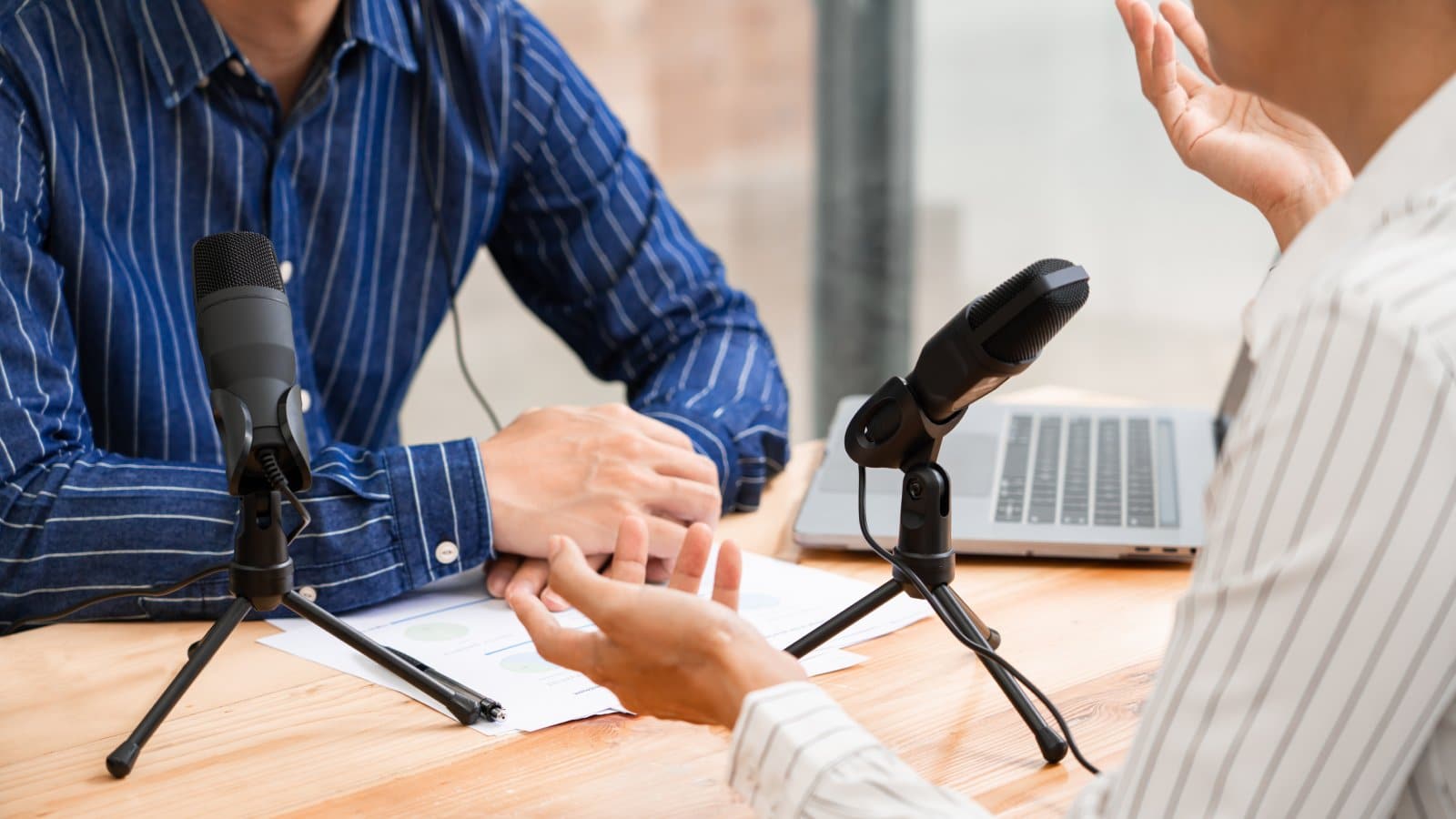
LGBTQ+ representation in media and entertainment remains limited and often stereotypical, perpetuating harmful tropes and erasing diverse queer experiences, identities, and relationships.
11. Access to Sports and Athletics

Queer athletes face discrimination and barriers to participation in sports and athletics, including exclusionary policies, lack of support from sports organizations, and harassment from teammates and coaches.
12. Religious Freedom and Discrimination
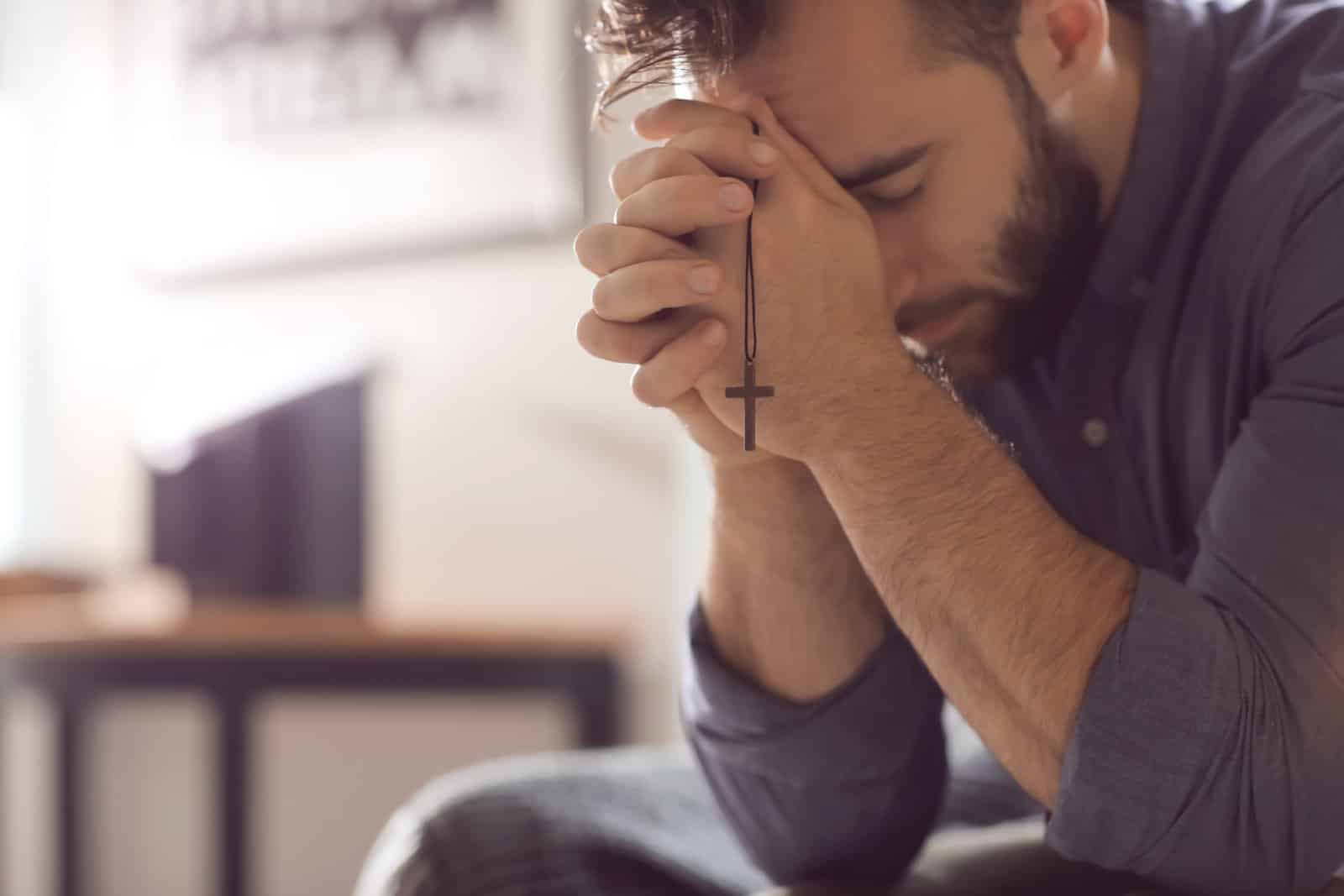
Many LGBTQ+ individuals face discrimination and rejection from religious institutions, limiting their access to spiritual support and community, while religious freedom laws may be used to justify discrimination against queer individuals.
13. Access to Gender-Affirming Care
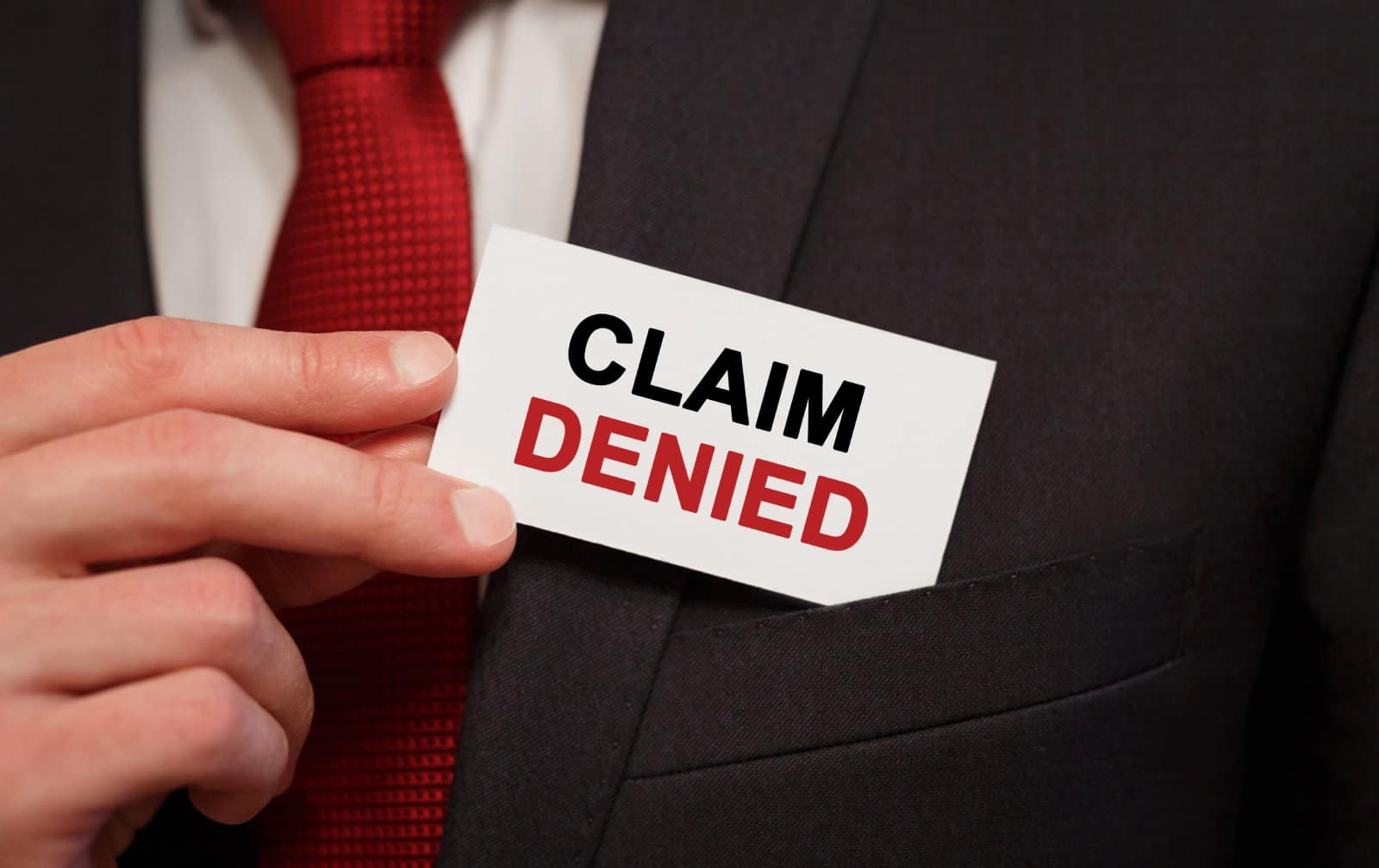
Transgender and non-binary individuals often encounter barriers to accessing gender-affirming healthcare, including lack of insurance coverage, gatekeeping by healthcare providers, and restrictive legal requirements for gender transition.
14. Discrimination in Public Accommodations
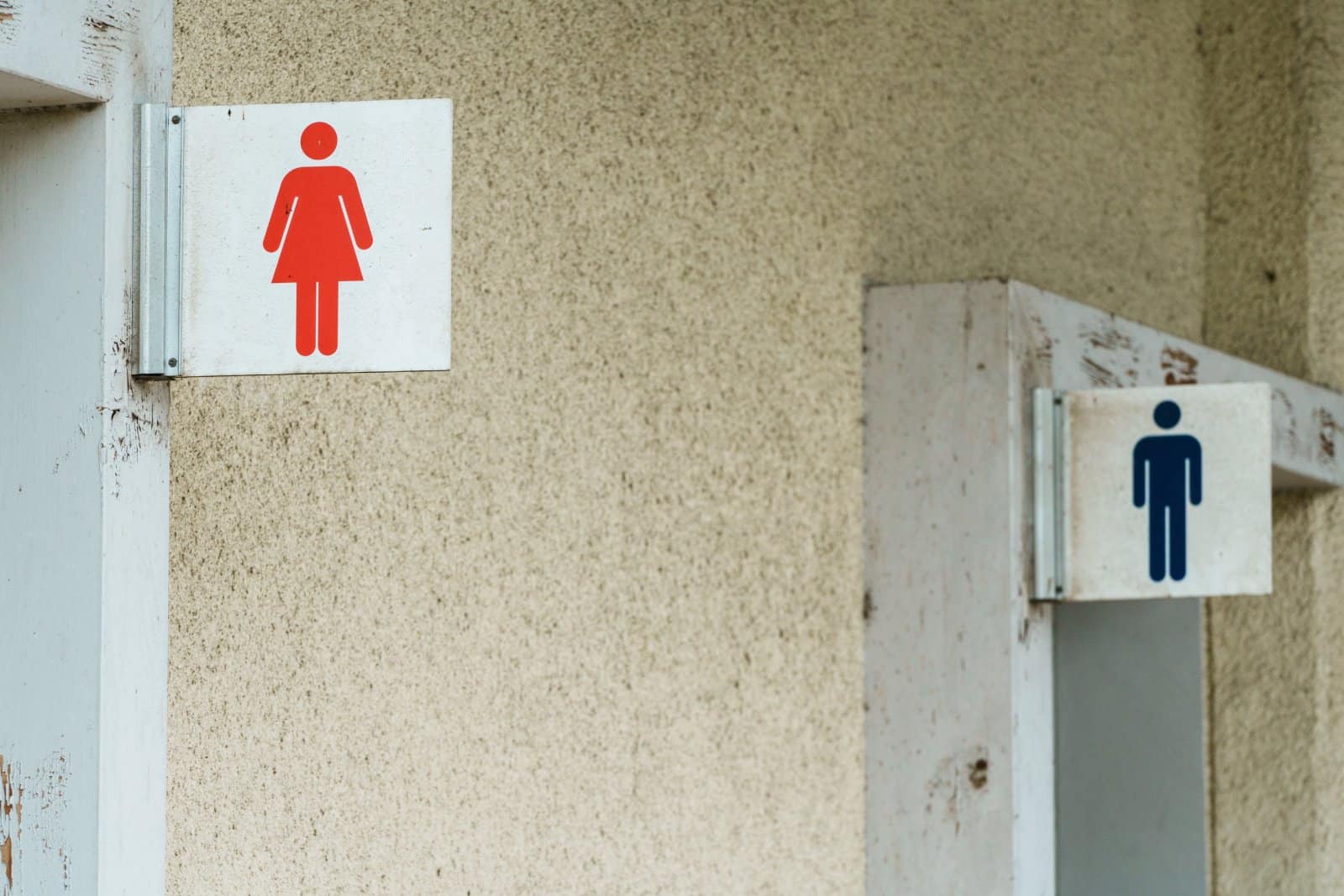
LGBTQ+ individuals face discrimination in accessing public accommodations such as restrooms, restaurants, and businesses, leading to feelings of exclusion and discomfort in public spaces.
15. Intersectional Discrimination
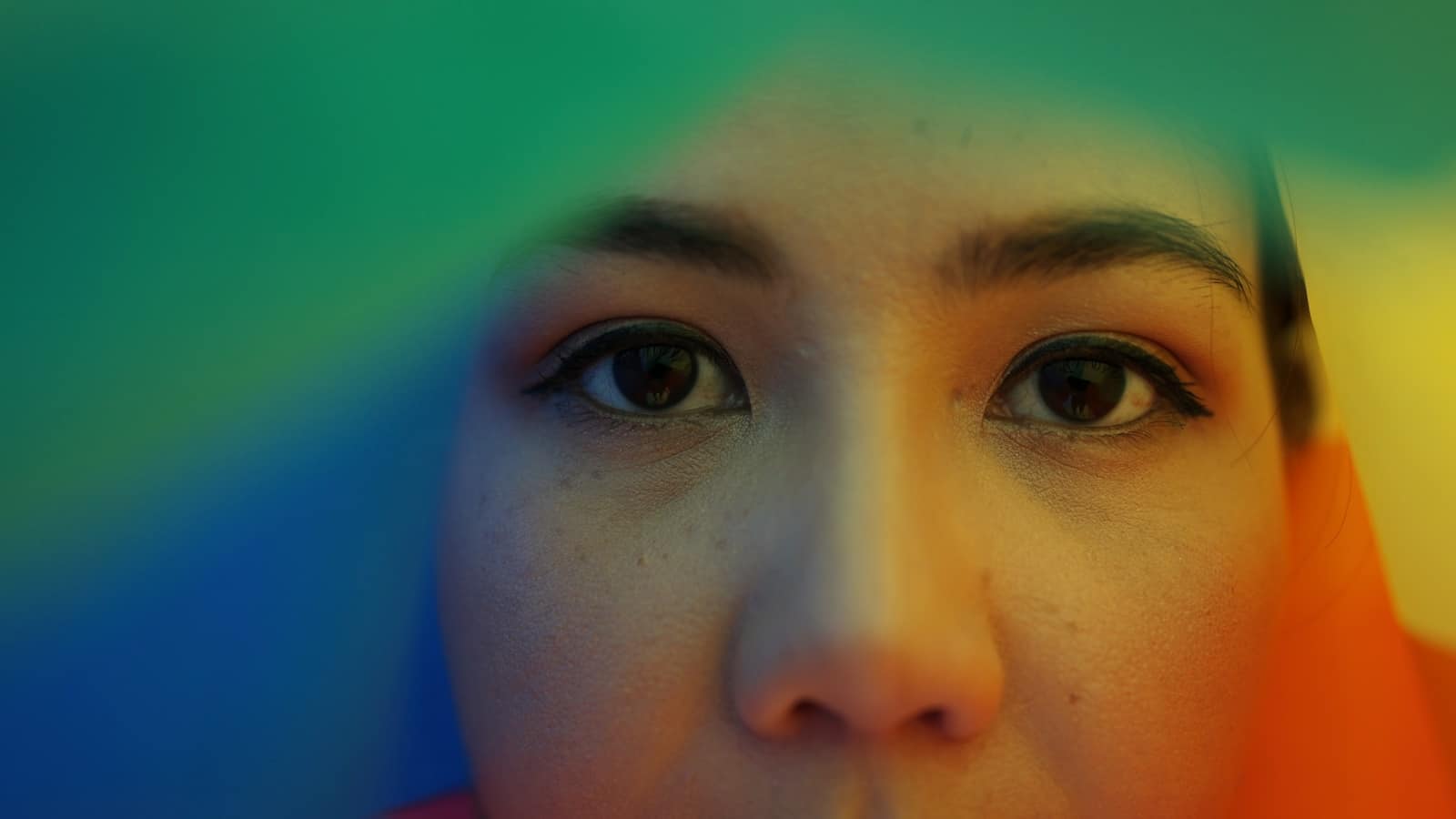
Queer individuals who also belong to marginalized communities based on race, ethnicity, disability, or socioeconomic status face compounded discrimination and intersecting forms of oppression, further exacerbating inequalities in access to rights and resources.
Building an Inclusive Future
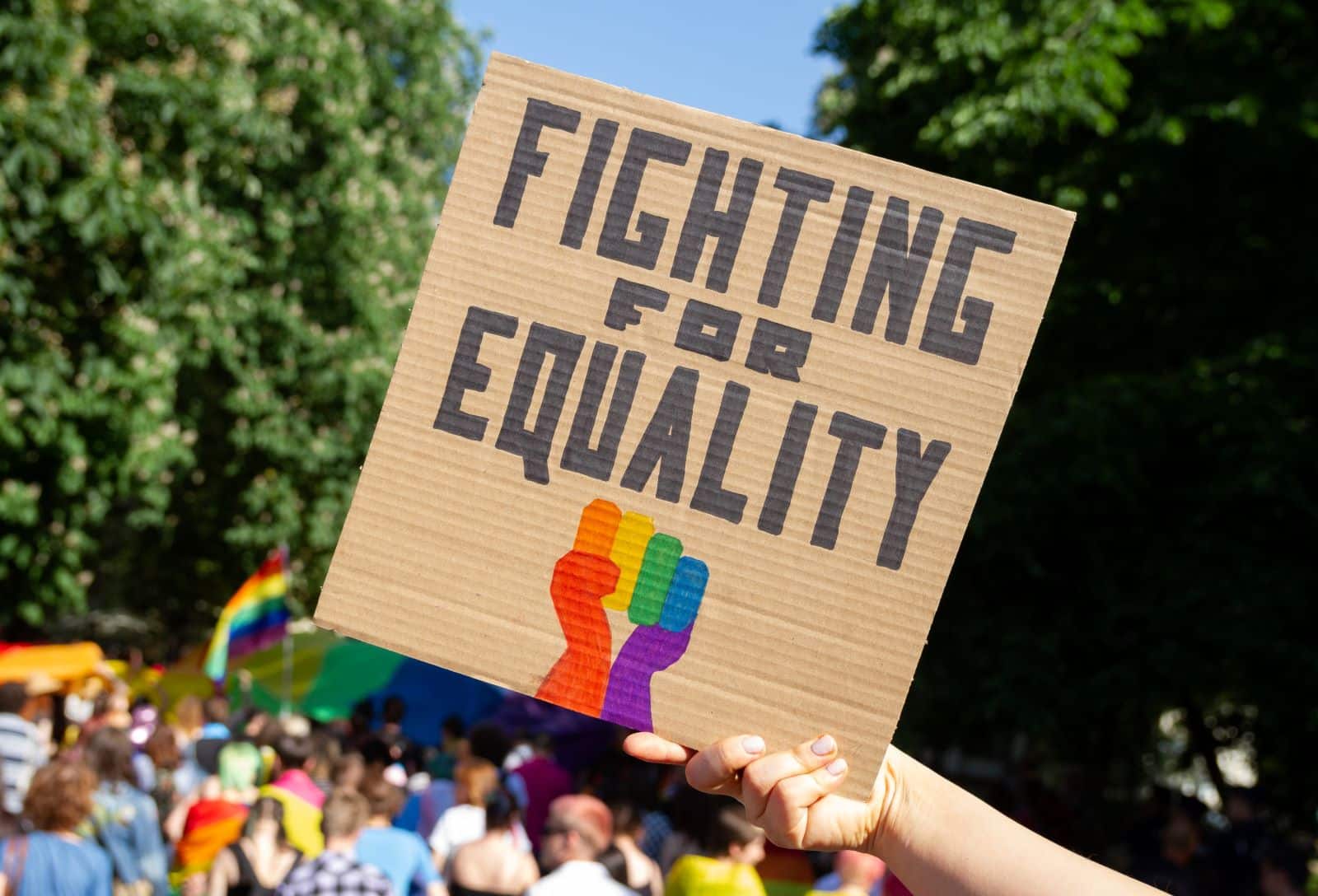
Addressing the pervasive invisibility and discrimination faced by LGBTQ+ individuals requires a multifaceted approach that recognizes the intersectional nature of queer identities and experiences. By advocating for inclusive policies, challenging stereotypes, and amplifying queer voices and narratives, we can work towards a more equitable society where all LGBTQ+ individuals are seen, valued, and affirmed in their identities and rights.
This post first appeared on Pulse of Pride.
Featured Image Credit: Shutterstock / Respiro.
For transparency, this content was partly developed with AI assistance and carefully curated by an experienced editor to be informative and ensure accuracy.

